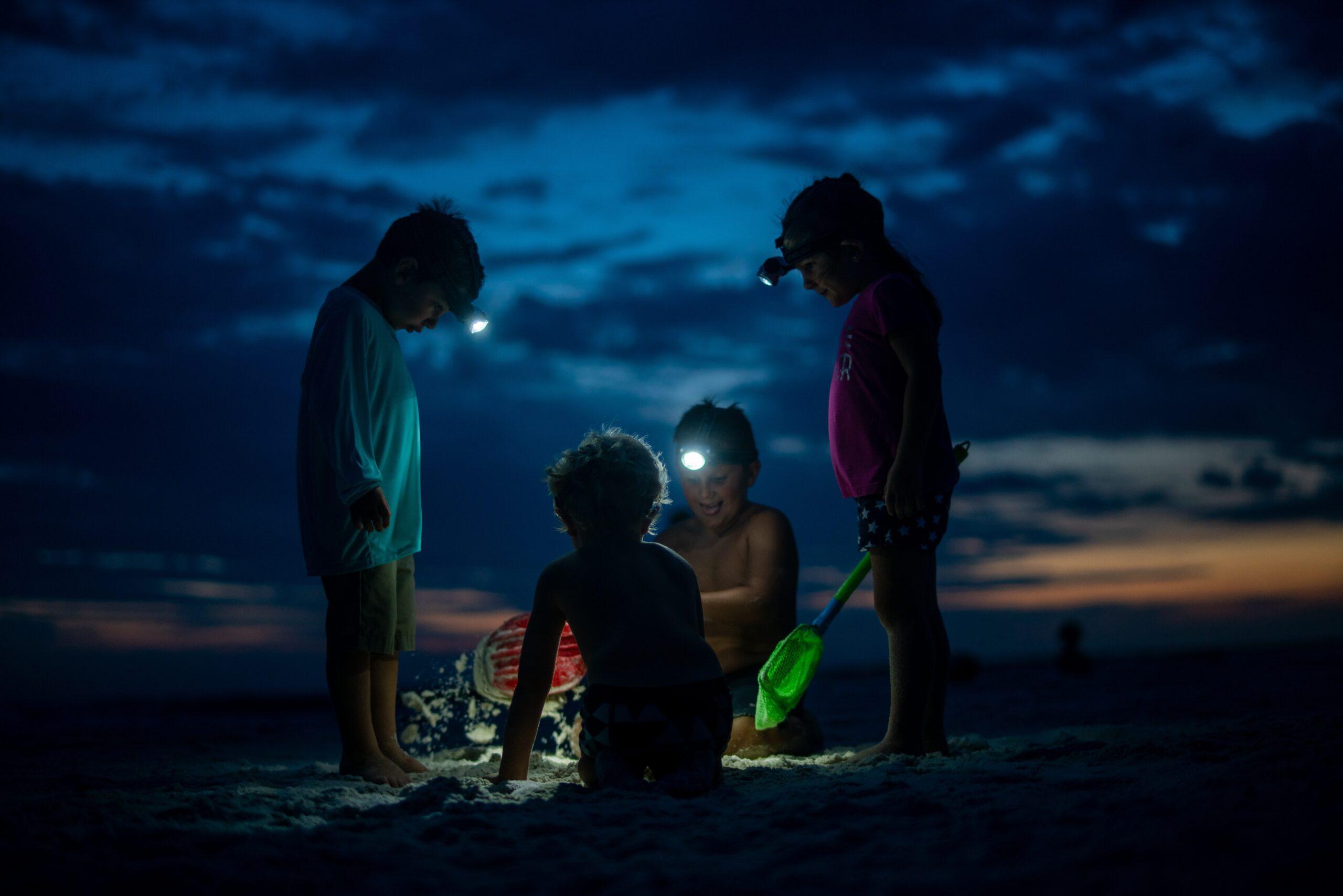For generations, children have spent their summers at day and sleepaway camps, trying new activities such as swimming, hiking, and various sports. But what many families may not realize is that camp provides children with different opportunities to develop important life skills that are difficult to achieve in any other environment. Below are just a few of the many benefits your children will gain from the summer camp experience.
- Campers obtain the life skills needed to become successful adults.
- Camp educates the whole child.
- Camp allows kids to unplug from technology.
- At camp, there's plenty of time for play, which helps children with social and emotional development.
- Children can reinvent themselves at camp.
- Camp promotes independence.
Campers obtain the life skills needed to become successful adults.
At camp, children gain valuable life skills. In fact, an organization called The Partnership for 21st Century Skills (comprising a group of businesses, education leaders, and policymakers) has found there is a large gap between the knowledge students learn in school and the skills they need to be successful in the 21st century. After extensive research, the organization determined that some of the skills necessary to become successful adults are communication, collaboration, creativity, leadership, socialization, and problem solving. All of these areas are fostered in the camp environment.
Campers are always communicating with each other, either on the field or in the bunk, learning to work together as a team and as part of the camp community. They also get to be leaders at camp, whether through guiding a first-time younger camper or managing their camp Olympics team. Campers learn to navigate on their own and solve problems by themselves. They engage in many creative outlets, too.
Camp educates the whole child.
There is more to learning than test taking and achieving good grades. Camp offers one of the most powerful learning environments and can be a place where a child’s social education takes place. It provides children with the opportunity to try new activities. When children succeed at these activities, they build self-esteem. Children also build social skills and problem- solving skills by being part of a supportive community and partaking in activities together. Campers are challenged and encouraged to grow every day.
Camp allows kids to unplug from technology.
Today’s children spend more than 7.5 hours a day engaged with technology, which often takes the place of vital hands-on activities and socialization opportunities. The majority of summer camps ban most technology, including TV, smartphones, tablets, and personal computers. Taking a break from technology over the summer allows children to communicate face to face.
At camp, there’s plenty of time for play, which helps children with social and emotional development.
Balancing school schedules, homework, and extracurricular activities doesn’t leave much room for play. The American Academy of Pediatrics (AAP) reports that free and unstructured play is healthy and essential for helping children to reach important social, emotional, and cognitive developmental milestones. It also helps kids manage stress. Traditional summer camps give children plenty of play time, which leads to healthy emotional and social development.
Children can reinvent themselves at camp.
Students often attend school year after year with the same peers, which can lead to labeling and being “stuck” with a particular perception. A child may become known as studious, quiet, etc., when, really, he can be boisterous in another setting. Children who go to day or sleepaway camps meet a whole other group of people in a different environment. Often times, a child will break out of his supposed categorization if given the chance. Children get to reinvent themselves at camp and be who they truly want to be, which helps them to build confidence.
Camp promotes independence.
When children go to camp, they are given the opportunity to grow more independent. Whether for a day or an entire summer, separation from one’s parents means a camper has to learn to rely on himself and other trusted adults and peers. Separation from parents gives a child the ability to think independently, which builds self-esteem.





